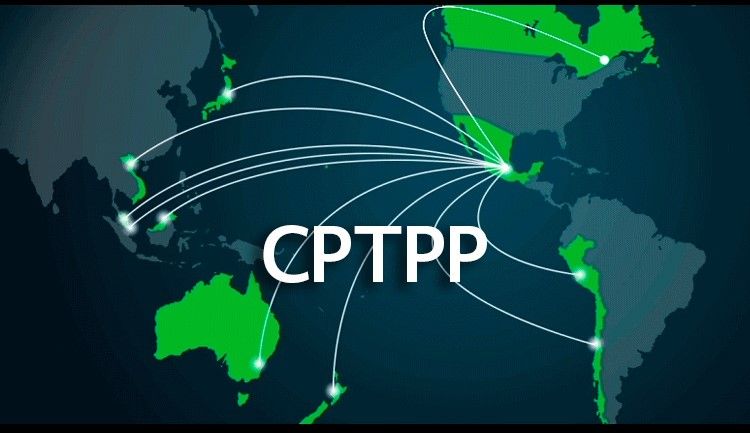Of the 11 signatory countries of the Comprehensive and Progressive Agreement for Trans-Pacific Partnership (CPTPP), only Brunei has yet to complete the ratification process.
CPTPP is a free trade agreement between Canada, Australia, Brunei, Chile, Japan, Malaysia, Mexico, New Zealand, Peru, Singapore and Vietnam, which entered into force on December 30, 2018.
Canada was one of the first six countries to ratify the agreement, along with Australia, Japan, Mexico, New Zealand and Singapore.
CPTPP also entered into force with respect to Vietnam on January 14, 2019, Peru on September 19, 2021, and Malaysia on November 29, 2022.
As a result, members now benefit from increased preferential market access to CPTPP countries that have ratified the agreement.
In addition, CPTPP provides for the possible expansion of the Agreement to include new economies, provided they have the capacity to meet its high standards.
On June 1, 2021, CPTPP partners agreed to evaluate the possible accession of the United Kingdom, and these accession talks are ongoing.
CPTPP
In January 2017, the United States withdrew from the Trans-Pacific Partnership Agreement (TPP), following which the remaining 11 countries reached a revised agreement and renamed it CPTPP.
Broadly speaking, the agreement eliminates or reduces tariff and non-tariff barriers on virtually all trade in goods and services and covers the entire trade spectrum, including trade in goods and services and investment, in order to create new opportunities and benefits for businesses, workers and consumers in member countries.
CPTPP also aims to facilitate the development of production and supply chains and seamless trade, improving efficiency and supporting the objective of creating and maintaining jobs, raising living standards, improving conservation efforts and facilitating cross-border integration, as well as the opening of domestic markets.
CPTPP aims to promote innovation, productivity and competitiveness by addressing new issues, such as the development of the digital economy and the role of state-owned enterprises in the global economy.
Finally, steel company Grupo Simec highlights that the CPTPP includes new elements that aim to ensure that economies at all levels of development and companies of all sizes can benefit from trade. It also includes specific commitments on trade development and capacity building.
![]()

